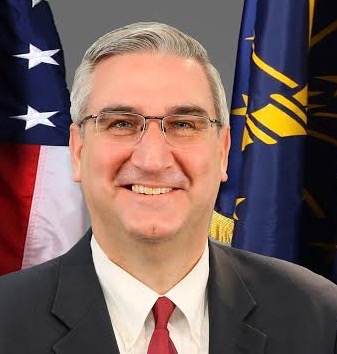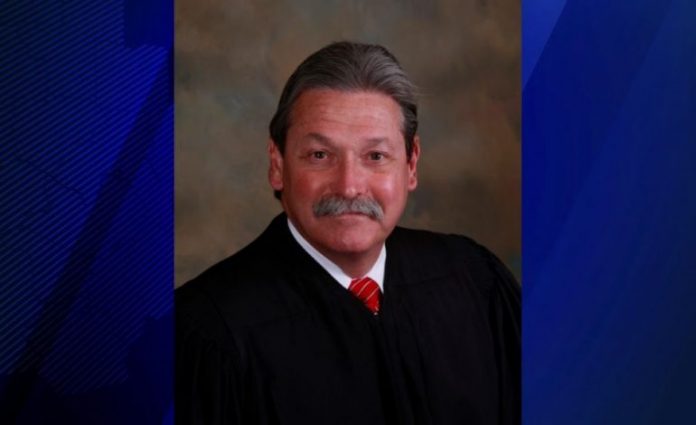IL for www.theindianalawyer.com
As its next dean, Notre Dame Law School is welcoming a legal scholar who has more than two decades experience teaching in the classroom and believes that law is the “noblest profession in the world.â€
G. Marcus Cole, a professor at Stanford University Law School, has been appointed dean and professor of law at Notre Dame Law School, according to an announcement from the university Thursday. He will become the law school’s 11th dean and will be the first African-American to lead the institution.
“Professor Cole is an extraordinary person, teacher, scholar and leader who brings to this role a deep commitment to our Law School’s mission, vision and values,†said Thomas G. Burish, provost at Notre Dame. “Search committee members were uniformly impressed with his reputation for collegiality, as well as his global experience and involvement on issues ranging from social justice and equality to providing educational access for low-income children.â€
Cole will succeed Nell Jessup Newton, who is stepping down July 1 after serving 10 years as dean. Along with his tenure in academia, Cole has experience as a practicing attorney and as a federal appellate court clerk.
He is looking forward to joining the Fighting Irish.
“To me, law is the noblest profession in the world,†Cole said. “Lawyers save lives, protect rights and grease the wheels of the economy. It has been the great honor of my life to train lawyers, and I am humbled and honored to have the opportunity to help do so at one of the most important law schools in the world.â€
Cole graduated in 1993 from Northwestern University School of Law, where he served as editor-in-chief of the Northwestern Journal of International Law and Business. After clerking for now-Senior Judge Morris Sheppard Arnold of the 8th Circuit Court of Appeals, he was an associate practicing complex commercial litigation at Mayer Brown & Platt from August 1994 to June 1997.
In July 1997, he switched to academia, joining the Stanford University Law School as an assistant professor. He is now the William F. Baxter-Visa International Professor of Law and is considered a leading scholar of empirical law and economics of commerce and finance.
He brings extensive classroom experience, having taught courses in bankruptcy, banking regulation, contracts and venture capital. He also has experience in leadership, serving as associate dean at Stanford for curriculum and academic affairs from 2003 to 2008.
“Professor Cole brings to Notre Dame scholarly accomplishment, experience in academic leadership, an impressive set of international appointments and a concern for social inequities and the human impact of law,†said University of Notre Dame President the Rev. John I. Jenkins. “We warmly welcome Professor Cole as the new dean of our law school.â€
Cole’s appointment completes the leadership transition that all the law schools in Indiana have experienced in the past five-and-a-half years. Andrew Klein became dean of Indiana University Robert H. McKinney School of Law in 2013 which was followed by Austen Parrish at Indiana University Maurer School of Law and Andrea Lyon at Valparaiso Law School in 2014.
Lyon stepped down as dean in 2018, and David Cleveland is serving as interim dean of Valparaiso.
Newton, who is currently the only woman law school dean in the state, led Notre Dame through the Great Recession that upended the legal profession and put unprecedented pressure on law schools to produce practice-ready attorneys. Yet the South Bend institution admitted classes with median LSAT scores in the 160s and saw a majority of its graduates land J.D.-required jobs.
Cole noted the storied reputation of the law school and its place in the future.
“As the needs of our society call for ethically and morally guided lawyers and leaders,†he said, “Notre Dame will continue to answer that call.â€





